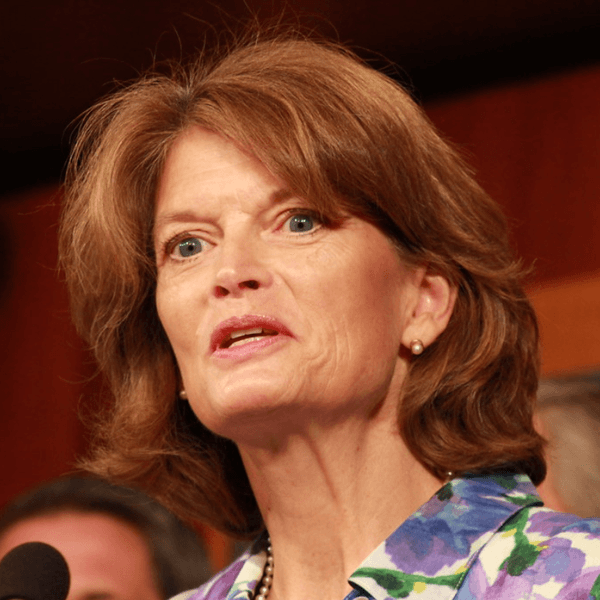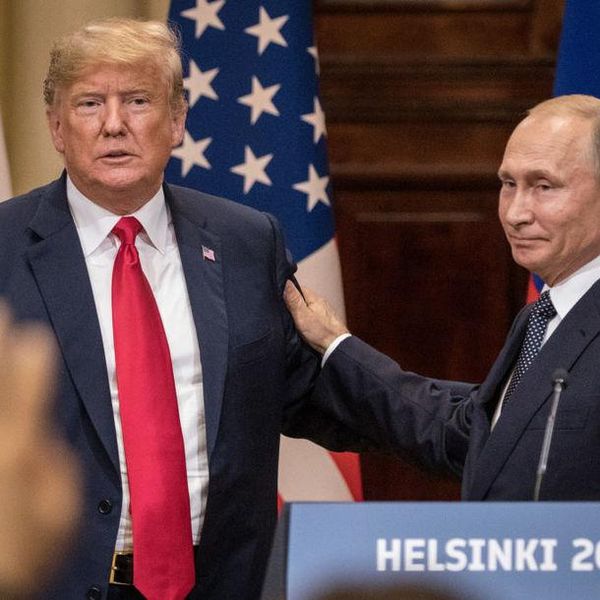Kurdish Politician Fouad Massoum Named President Of Iraq

By Nabih Bulos and Patrick J. McDonnell, Los Angeles Times
BEIRUT — Iraq’s parliament appointed a new president on Thursday as lawmakers inched closer to forming a new government, even as violence continued to engulf the country.
Veteran Kurdish politician Fouad Massoum, 76, was chosen as Iraq’s second president, a largely ceremonial post in the Iraqi governing structure. He prevailed in a runoff parliamentary vote that saw most of his opponents withdraw after the first round.
His victory comes one day after he was selected as the candidate of the Kurdish bloc in the Iraqi parliament.
A former lecturer and instructor at the University of Basra with a degree from the Arab world’s elite Islamic studies institution Al-Azhar, Massoum is a member and mainstay of the Patriotic Union of Kurdistan Party, a major Kurdish faction. He is also considered to be a confidant of his predecessor, Jalal Talibani, who returned to Iraq only a few days earlier from medical treatment in Germany.
Despite its largely ceremonial nature, the presidential post was the subject of intense jockeying among Iraq’s parliamentary blocs, divided largely along sectarian and ethnic lines.
Under a power-sharing agreement forged in the wake of the 2003, U.S.-led invasion that ousted Saddam Hussein, the president must come from the Kurdish bloc, with a Sunni head of parliament and a Shiite prime minister.
Difficulties in reaching consensus among the various blocs have led to governmental paralysis, even as the nation faces an armed rebellion that threatens the state.
Despite the selection of a speaker and a president, the difficult choice of who will replace current two-term Prime Minister Nouri al-Maliki remains.
The prime minister is the nation’s most powerful elected official. Al-Maliki has vowed to run for a third term, despite mounting pressure from regional and international allies to step down.
Critics have accused al-Maliki of pursing policies that favor Shiites, Iraq’s majority, at the expense of Sunni and Kurdish minorities. Al-Maliki denies running a sectarian-based government and has insisted that he will not back down from seeking a third term.
Still, even some of his Shiite allies have become disenchanted with al-Maliki’s governing style.
The nation’s Sunni minority is in open revolt against al-Maliki’s government. Sunni rebels allied with the so-called Islamic State, an al-Qaida breakaway faction that views Shiites as infidels, have taken over more than one-third of Iraq, including Mosul, the nation’s second-largest city.
Tens of thousands of Shiites, Christians, and others have fled the advance of the Islamic State, which now exerts control over a broad swath of territory in Iraq and neighboring Syria. Scenes of Iraqi army units falling back in disarray last month as Sunni rebels advanced were a humiliation for the central government and its military, which received extensive training from U.S. forces during the American occupation that ended in 2011.
Government forces and allied Shiite militias are fighting to recapture territory in the north and west lost to Sunni rebels. But neither side seems to be advancing.
The capital, Baghdad, with a Shiite majority, appears firmly in the hands of the government, as does the Shiite-dominated south, including the oil-rich area near the southern city of Basra. But car bomb attacks have caused heavy casualties in the capital in recent weeks.
Meanwhile, Kurds in the north have taken advantage of the tumult to expand the territory under the umbrella of their semi-autonomous regional government. Many Arab lawmakers view the Kurdish advance as a land grab and a bid to extend control over oil-rich territory near the disputed city of Kirkuk, which is now under the control of Kurdish forces.
As politicians in Baghdad struggle to form a new government, violence continues to ravage the nation.
Outside Baghdad, a coordinated assault involving roadside bombs and suicide bombers on a convoy transporting prisoners left 51 prisoners and nine police officers dead and approximately 16 wounded, according to local media outlets on Thursday. The assault targeted a convoy transporting prisoners from Al-Hout Prison in Taji, north of Baghdad.
According to the pro-government Sumariyah news, a roadside bomb exploded beside the convoy as it passed a major intersection. Two gunmen then appeared, spraying bullets before detonating their explosive belts near the vehicles.
No one has claimed responsibility for the attack. Anti-government news sources blamed pro-government Shiite militias, specifically the Iran-funded League of the Righteous.
Since last month’s assault by Sunni rebels, the government has scrambled to bolster its forces with Shiite volunteer militiamen, galvanized into action to defend the country against the Sunni insurgents.
AFP Photo / Ali Al-Saadi
Interested in world news? Sign up for our daily email newsletter!








